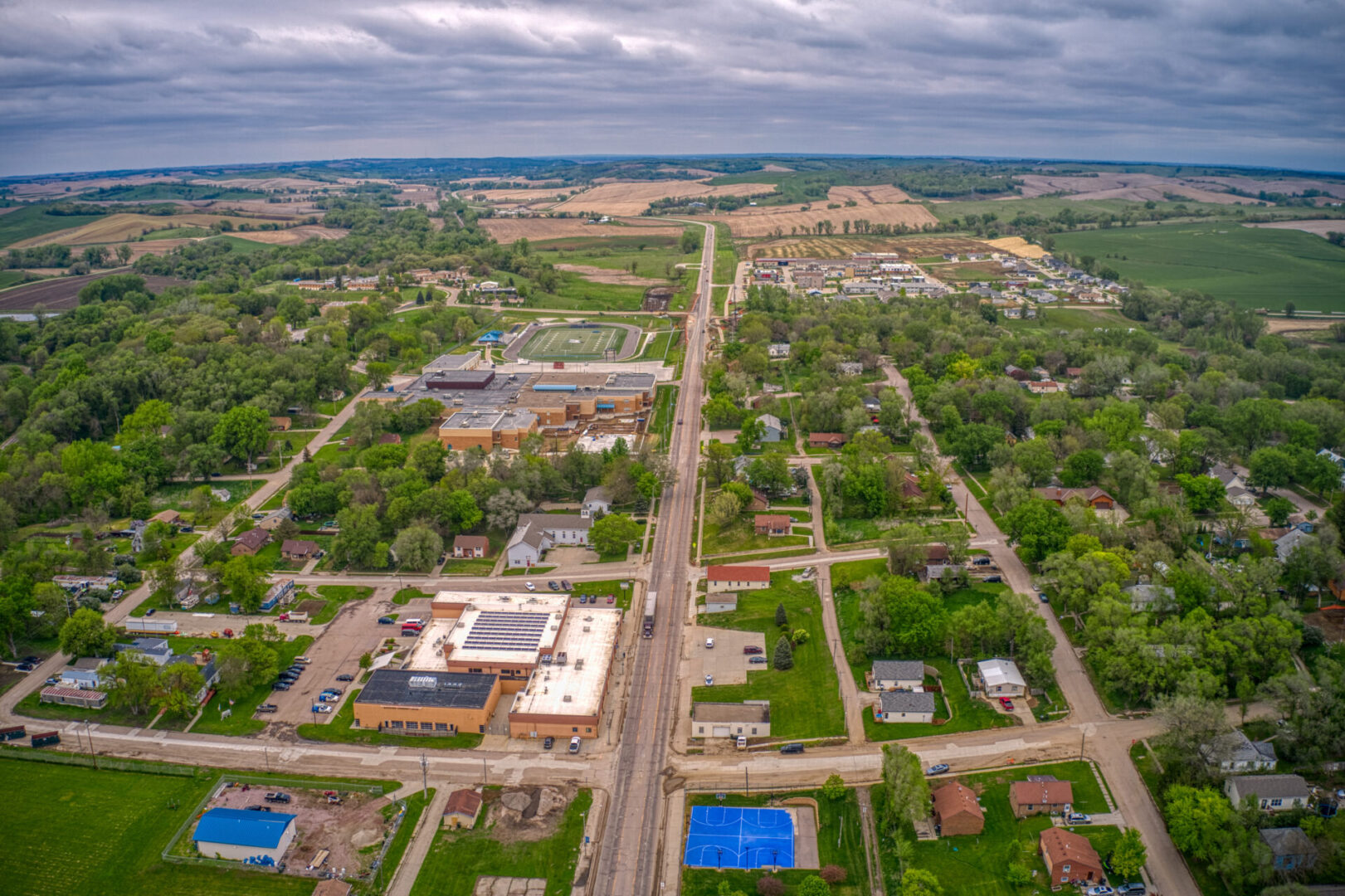The Bluestocking
Bloody Mary in Blue
Getting back on topic, as a Native American, I find the description of Rebecca Roanhorse's series interesting. For once a Native American culture is not portrayed in an offensively stereotypical or belittling way. Hurray? It's kind of a low bar to clear, but still... I'd like to see more NA cultures portrayed correctly in sci-fi and fantasy, but alas J.K. Rowling currently dominates with her offensive renditions.
Rebecca Roanhorse's SIXTH WORLD series is SPECTACULAR - Maggie the monster-hunter awesome!
Roanhorse herself is Native American and her portrayal of Native American culture comes from a mix of her particular heritage (I think she's said before that she's Pueblo), her husband's culture (he's from a different Native American culture though I can't remember off-hand which tribe), and Navajo mythology. She's talked about this with my anti-violence against women nonprofit:
<iframe width="560" height="315" src="
What's interesting is when you compare her series with Faith Hunter's JANE YELLOWROCK and Patricia Briggs' MERCY THOMPSON series - Roanhorse's presentation and treatment of Native American culture and storytelling is helluva lot more organic and natural in feel. This is not to say that Hunter and Briggs have done a bad job with their Native American protagonists (they've done a superb job) but Maggie feels more authentic.



